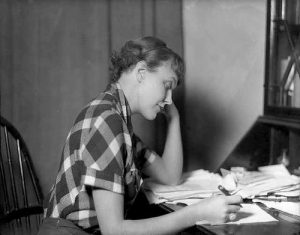Although historical research undertaken in different disciplines often requires speculation and imagination, it remains relatively rare for scholars to explicitly foreground these processes as a knowing method. Building on earlier efforts, this edited collection will feature new work on the relationship between historical and creative writing as means of understanding and documenting earlier historical eras. Using current works-in-progress as case studies or reflecting on previously published work, contributors are encouraged to address some of the following questions: What are the methodological and theoretical underpinnings of writing history creatively or speculatively? What ethical issues do each of these modes of history writing raise? How can creative writing or speculation be responsibly utilized in the research process, the analysis of data, or the presentation of one’s findings? Although historical research is an embodied activity undertaken, most often, solitarily in libraries, local reading rooms, and institutional archives, creative writing is just as frequently a collaborative activity that takes place in workshops, writing camps, and seminars. What role does the researcher’s body play in the production of knowledge? Can different embodied settings generate distinct historical understandings? In addition to grappling with these questions, the editor also invites reflective essays by scholars who engage, on the one hand, in formal academic scholarship, and, on the other hand, creative work—including fiction, poetry, art, dance, and music—largely as distinct practices. What are the methodological, ethical, or professional reasons for keeping these pursuits separate from each other? Despite treating them as independent activities, are there ways in which historical research and artistic practices nevertheless inform one another?
Routledge has expressed keen interest in the collection. Please submit proposals (250 words) and a brief bio (100 words) by 1 September 2020 to Kevin A. Morrison, Distinguished Professor of British Literature and Provincial Chair Professor in Humanities, Henan University (kmorr2016@gmail.com). For accepted proposals, final essays between 5,000-7,000 words (inclusive of notes and bibliography) will be due 1 August 2021.

